Home>Gardening & Outdoor>Outdoor Entertaining>How To Keep Flies Away From Picnic
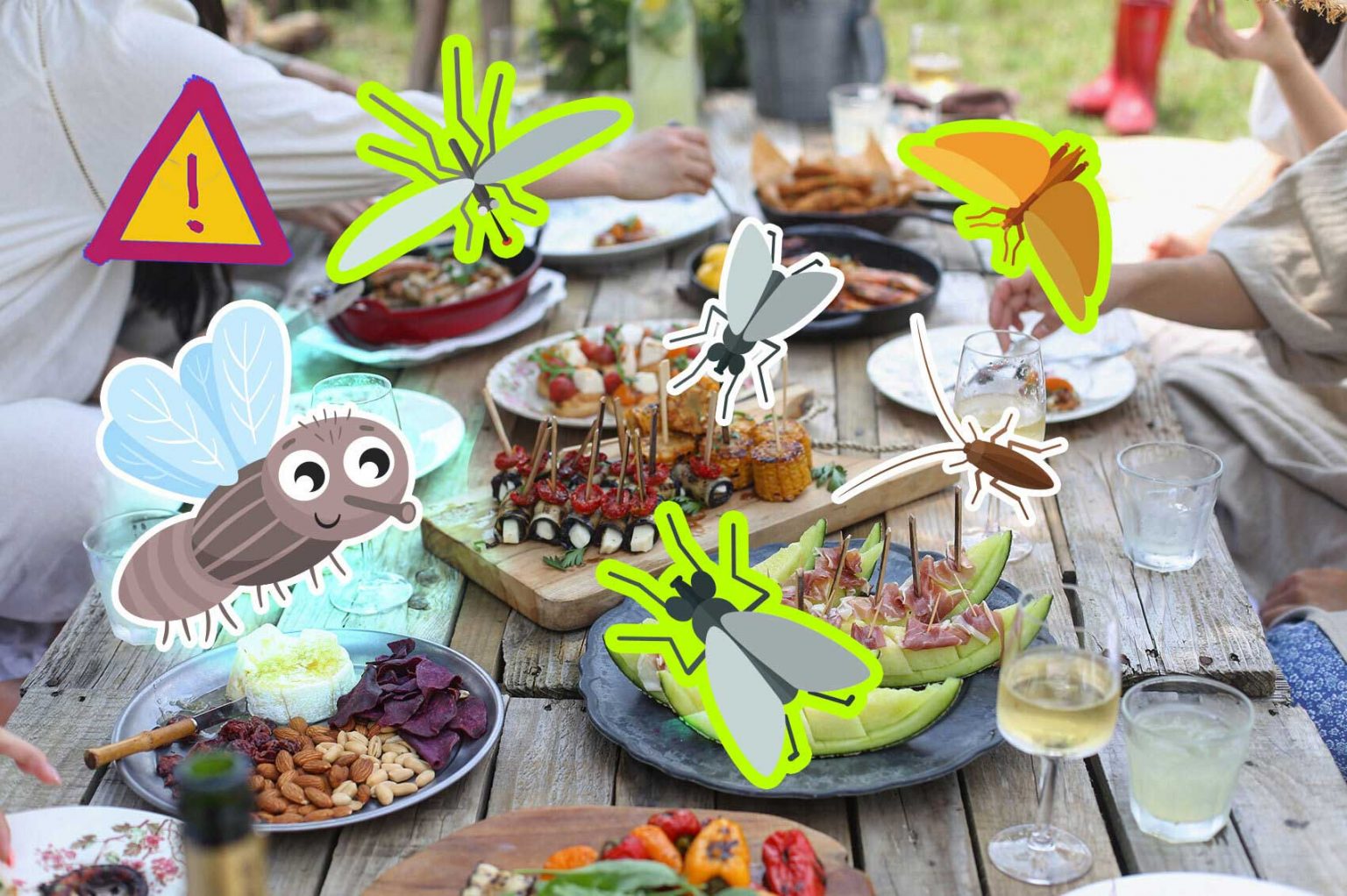

Outdoor Entertaining
How To Keep Flies Away From Picnic
Modified: October 20, 2024
Learn effective outdoor entertaining tips to keep flies away from your picnic. Discover simple solutions for a fly-free al fresco dining experience. Ideal for any outdoor gathering.
(Many of the links in this article redirect to a specific reviewed product. Your purchase of these products through affiliate links helps to generate commission for Storables.com, at no extra cost. Learn more)
Introduction
Welcome to the great outdoors! There's nothing quite like a picturesque picnic in the park or a backyard barbecue with friends and family. However, one pesky nuisance that can quickly turn a delightful outdoor gathering into a bothersome affair is the presence of flies. These uninvited guests are not only irritating but also have a knack for contaminating food and spreading germs. Fortunately, there are several effective methods for keeping flies at bay, allowing you to enjoy your outdoor festivities without the constant swatting and shooing.
In this comprehensive guide, we'll explore the world of flies, understand why they are attracted to picnics, and delve into both natural and chemical approaches for repelling these winged intruders. Whether you're planning a leisurely picnic in the countryside or a lively cookout in your backyard, arming yourself with the knowledge of how to keep flies away will ensure that your outdoor entertaining experiences remain pleasant and fly-free.
So, grab your picnic basket and let's embark on a journey to discover the best ways to keep flies away from your outdoor gatherings. With a few simple strategies and a bit of know-how, you can create a peaceful and enjoyable environment where the only buzz in the air is the sound of laughter and good conversation.
Key Takeaways:
- Keep flies away from picnics by using natural methods like essential oils, citrus peels, and herbs. Covering food and choosing the right location can also help create a fly-free outdoor dining experience.
- For persistent fly infestations, consider chemical methods like fly repellent sprays and traps. Utilize fans, covered food storage, and proper trash disposal to deter flies and enjoy a peaceful picnic.
Read more: How To Keep Bugs Away From A Picnic
Understanding Flies
Before we can effectively combat these bothersome pests, it’s essential to understand what makes flies tick. Flies are attracted to outdoor gatherings primarily due to their keen sense of smell and their affinity for certain scents. They are particularly drawn to the aroma of food, especially items such as fruits, meats, and sugary beverages. Additionally, flies are also attracted to decaying organic matter, making garbage bins and compost piles prime real estate for these winged nuisances.
Flies are not only attracted to food but also seek out moisture and warmth, which is why they tend to swarm around moist areas such as spilled beverages, food residue, and even perspiration on human skin. Furthermore, flies are prolific breeders, with a single female fly capable of laying hundreds of eggs in a short span of time. This rapid reproduction cycle means that a few flies can quickly turn into a full-blown infestation if not addressed promptly.
Understanding the behavior and preferences of flies is crucial in devising effective strategies for repelling them. By comprehending what lures flies to our outdoor gatherings, we can implement targeted measures to deter them and create an environment that is far less appealing to these unwelcome visitors.
Natural Methods for Repelling Flies
When it comes to keeping flies at bay during your outdoor entertaining, natural methods offer an environmentally friendly and often pleasantly scented approach to fly repellent. These methods not only help to deter flies but also contribute to a more wholesome and chemical-free outdoor experience. Here are some effective natural strategies for repelling flies:
- Essential Oils: Certain essential oils, such as citronella, eucalyptus, lavender, and peppermint, are known for their ability to repel flies. You can create your own natural fly repellent spray by mixing a few drops of these essential oils with water and a splash of witch hazel or vodka in a spray bottle. Spritz this aromatic mixture around your picnic area to create a fly-repelling barrier.
- Citrus Peels: Flies have an aversion to the scent of citrus. Placing citrus peels, such as lemon or orange, in strategic locations around your outdoor gathering can help deter flies. Consider placing citrus peels on the edges of your picnic blanket or near food and beverage stations.
- Herbs: Certain herbs, including basil, mint, and rosemary, possess natural fly-repelling properties. Consider planting these herbs in pots and placing them around your picnic area to help keep flies at bay. Additionally, you can crush the leaves of these herbs to release their aroma and enhance their fly-repelling effect.
- Citronella Candles: Citronella candles are a popular and effective natural method for repelling flies and other flying insects. The scent of citronella masks the odors that attract flies, making it an excellent addition to your outdoor entertaining arsenal. Place citronella candles strategically around your picnic area to create a pleasant and fly-resistant ambiance.
- Cover Food and Drinks: One of the simplest yet most effective natural methods for keeping flies away is to cover your food and drinks. Utilize mesh food covers or domes to protect your culinary creations from unwanted fly landings. Similarly, covering beverage containers with lids or using straws can help prevent flies from taking a dip in your drinks.
By incorporating these natural fly-repelling methods into your outdoor entertaining routine, you can create a pleasant and fly-free environment without resorting to harsh chemicals or unpleasant odors.
To keep flies away from a picnic, try using natural repellents like citronella candles, mint, or basil. Keep food covered and clean up spills promptly to avoid attracting flies.
Chemical Methods for Repelling Flies
While natural methods are often preferred for their eco-friendly and gentle approach, there are times when a more robust solution is necessary to combat persistent fly infestations. In such cases, chemical methods can provide effective and immediate relief from fly intrusions. It’s important to note that when using chemical fly repellents, care should be taken to ensure the safety of food, pets, and the environment. Here are some chemical methods for repelling flies:
- Fly Repellent Sprays: Commercial fly repellent sprays are readily available and can be effective in quickly reducing fly activity in outdoor areas. Look for fly sprays specifically formulated for outdoor use, and always follow the instructions provided by the manufacturer. When using fly repellent sprays, it’s important to apply them in well-ventilated areas and away from food and food preparation surfaces.
- Fly Baits and Traps: Fly baits and traps are designed to attract and capture flies, reducing their numbers in outdoor spaces. These products typically contain attractants that lure flies into the trap, where they are unable to escape. Fly baits and traps are available in various forms, including hanging traps, sticky ribbons, and bait stations.
- Electronic Fly Zappers: Electronic fly zappers, also known as bug zappers, are effective at quickly eliminating flies and other flying insects. These devices use ultraviolet light to attract flies, which are then zapped by an electric grid upon contact. Electronic fly zappers are best suited for use in outdoor areas where fly activity is high and can provide immediate relief from fly nuisances.
- Outdoor Foggers: Outdoor foggers or insect fogging machines can be used to disperse insecticidal fog in outdoor spaces, effectively reducing fly populations. When using outdoor foggers, it’s important to follow the instructions carefully and ensure that the area is clear of people, pets, and food during and immediately after fogging.
- Residual Insecticides: For persistent fly infestations in outdoor areas, residual insecticides can provide long-lasting fly control. These products are applied to surfaces where flies rest or land, creating a barrier that repels and kills flies upon contact. When using residual insecticides, it’s crucial to adhere to safety precautions and ensure that treated surfaces are safe for human and pet contact.
When employing chemical methods for repelling flies, it’s essential to prioritize safety and carefully follow the instructions provided by the manufacturers of the products. Additionally, consider the potential impact on the environment and non-target organisms when using chemical fly repellents.
Tips for Keeping Flies Away From Picnics
Planning a fly-free picnic requires a combination of proactive measures and strategic tactics to create an environment that is uninviting to these persistent pests. By implementing the following tips, you can significantly reduce fly activity and ensure a more enjoyable outdoor dining experience:
- Choose the Right Location: When selecting a picnic spot, opt for areas that are away from stagnant water, garbage bins, and areas with high fly activity. Choosing a breezy location can also help deter flies, as they are less adept at flying in windy conditions.
- Keep Food and Surfaces Clean: Maintaining cleanliness is crucial in deterring flies. Wipe down picnic tables, food preparation surfaces, and utensils to remove any food residue that may attract flies. Additionally, promptly clean up any food spills and dispose of food scraps in sealed containers.
- Use Fly-Repelling Plants: Incorporate fly-repelling plants, such as marigolds and lavender, into your picnic setup. These plants not only add a touch of natural beauty but also help deter flies with their aromatic properties.
- Utilize Fans: Setting up portable fans near your picnic area can help create a gentle breeze that discourages flies from landing on food and guests. The airflow generated by fans can make it challenging for flies to maneuver and disrupt their flight patterns.
- Opt for Covered Food Storage: Utilize covered containers and food domes to protect your culinary creations from fly intrusions. Keeping food covered not only deters flies but also helps maintain the freshness and integrity of your picnic spread.
- Dispose of Trash Properly: Ensure that trash bins are equipped with tight-fitting lids and are located at a distance from the picnic area. Promptly dispose of used plates, napkins, and food scraps in sealed trash bags to minimize odors that attract flies.
- Coordinate Picnic Timing: Consider scheduling your picnic during times when fly activity is typically lower, such as early morning or late afternoon. Flies are generally less active during these periods, reducing the likelihood of unwelcome fly encounters.
- Engage in Active Fly Monitoring: Assign a “fly monitor” to keep a watchful eye on fly activity during the picnic. This individual can swiftly address any signs of increased fly presence and take proactive measures to deter them, such as using natural repellents or adjusting the picnic setup.
By incorporating these practical tips into your picnic planning, you can create an environment that is less appealing to flies and more conducive to a delightful outdoor dining experience.
Read more: How To Keep Bees Away From Picnic
Conclusion
As you venture into the realm of outdoor entertaining, armed with the knowledge of how to keep flies away from your picnics and gatherings, you are well-equipped to create a serene and fly-free environment for you and your guests. By understanding the behavior of flies, implementing natural and chemical repellent methods, and adopting proactive measures, you can significantly reduce the presence of these pesky pests and elevate your outdoor entertaining experiences.
Embracing natural methods, such as utilizing essential oils, citrus peels, and fly-repelling plants, not only helps in repelling flies but also adds a touch of natural charm to your picnic setup. Additionally, incorporating chemical methods when necessary, such as fly repellent sprays and traps, provides a targeted approach to managing fly activity and ensuring a pleasant outdoor dining environment.
By choosing the right picnic location, maintaining cleanliness, and utilizing covered food storage, you can create an environment that is less inviting to flies. Embracing these practices, along with the use of fans and strategic timing, further contributes to a fly-resistant picnic experience. Engaging in active fly monitoring and promptly addressing any signs of increased fly activity allows for swift intervention and mitigation of fly intrusions.
As you embark on your outdoor entertaining endeavors, may your picnics be filled with laughter, delectable treats, and a distinct absence of pesky flies. With a harmonious blend of natural deterrents, strategic planning, and a touch of ingenuity, you can create memorable outdoor gatherings that are truly fly-free.
So, go forth and revel in the splendor of outdoor entertaining, knowing that you hold the key to a fly-free picnic experience. With these insights and strategies at your disposal, you can savor the joys of al fresco dining without the buzz and bother of unwanted fly guests.
Frequently Asked Questions about How To Keep Flies Away From Picnic
Was this page helpful?
At Storables.com, we guarantee accurate and reliable information. Our content, validated by Expert Board Contributors, is crafted following stringent Editorial Policies. We're committed to providing you with well-researched, expert-backed insights for all your informational needs.
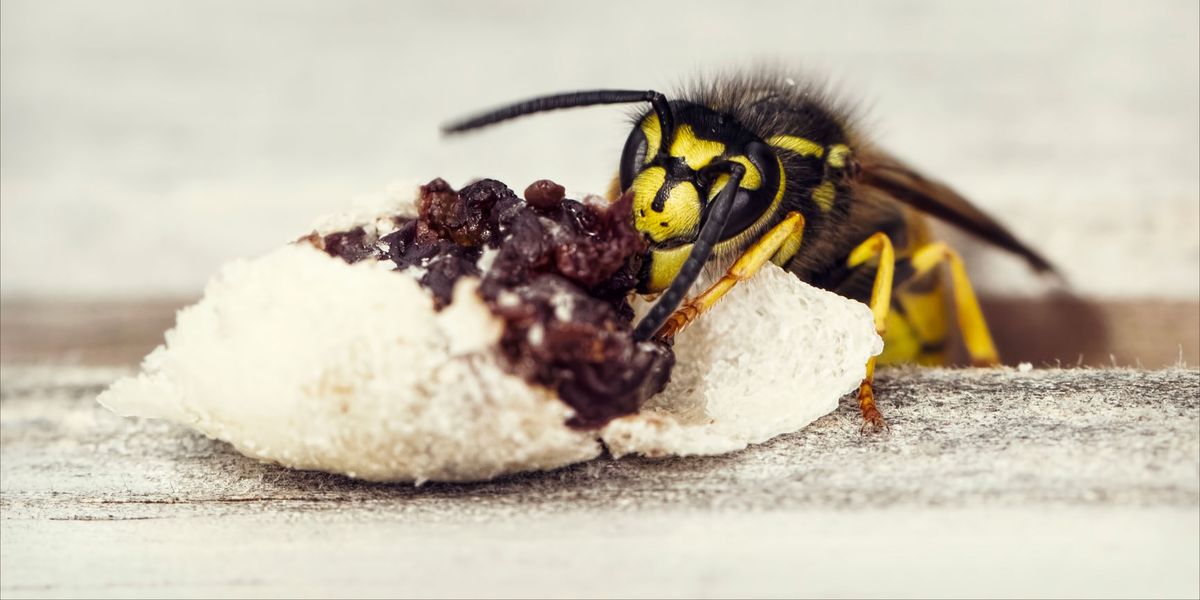
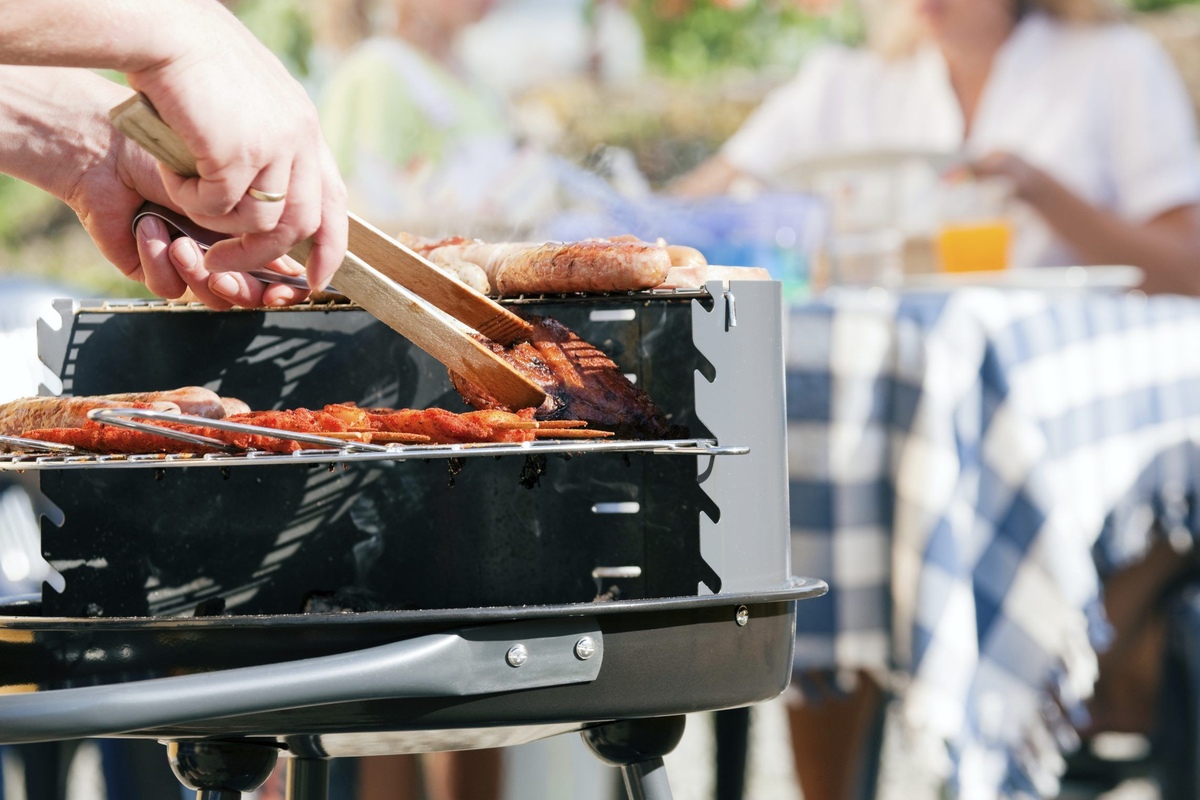
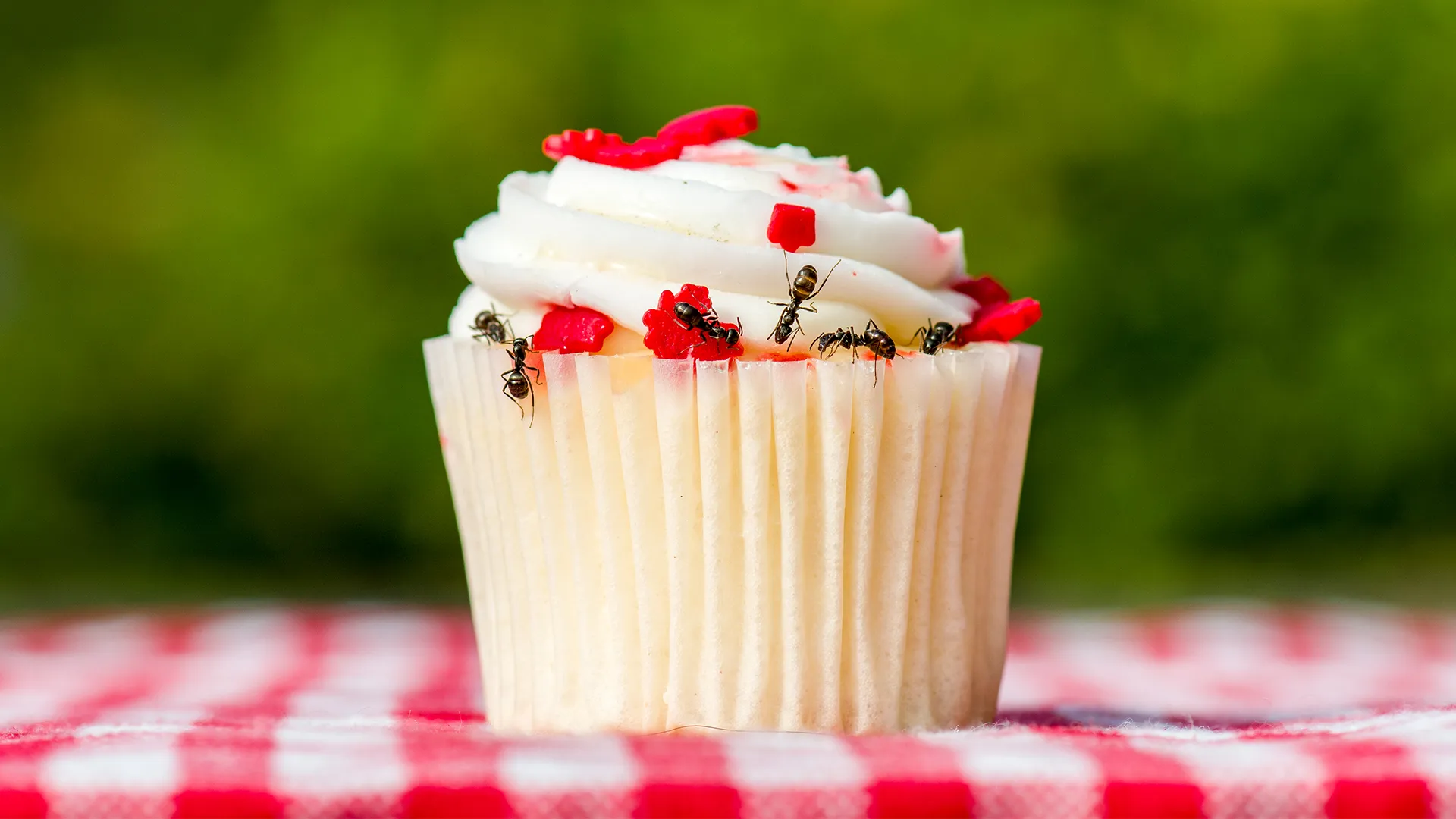

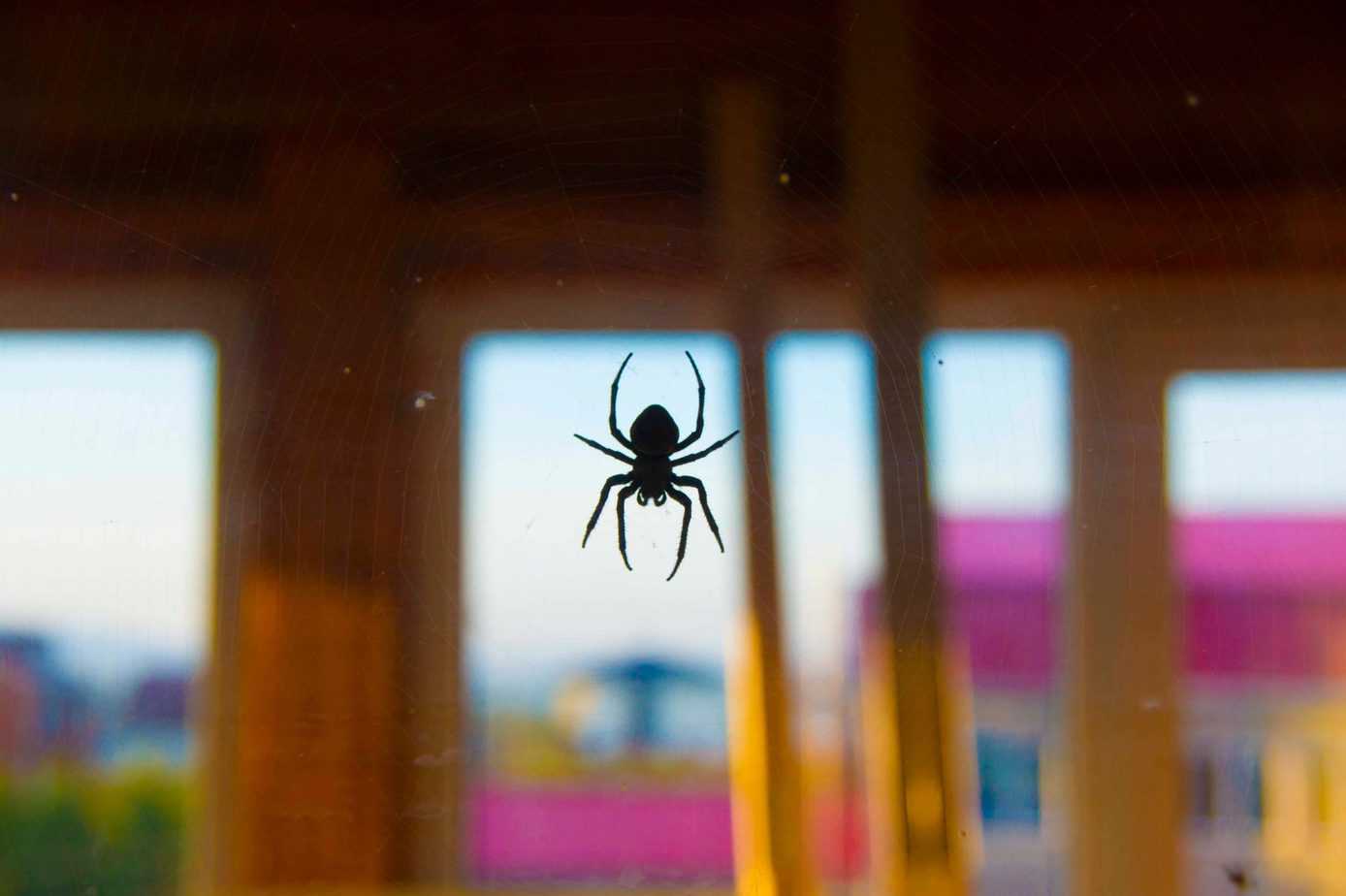
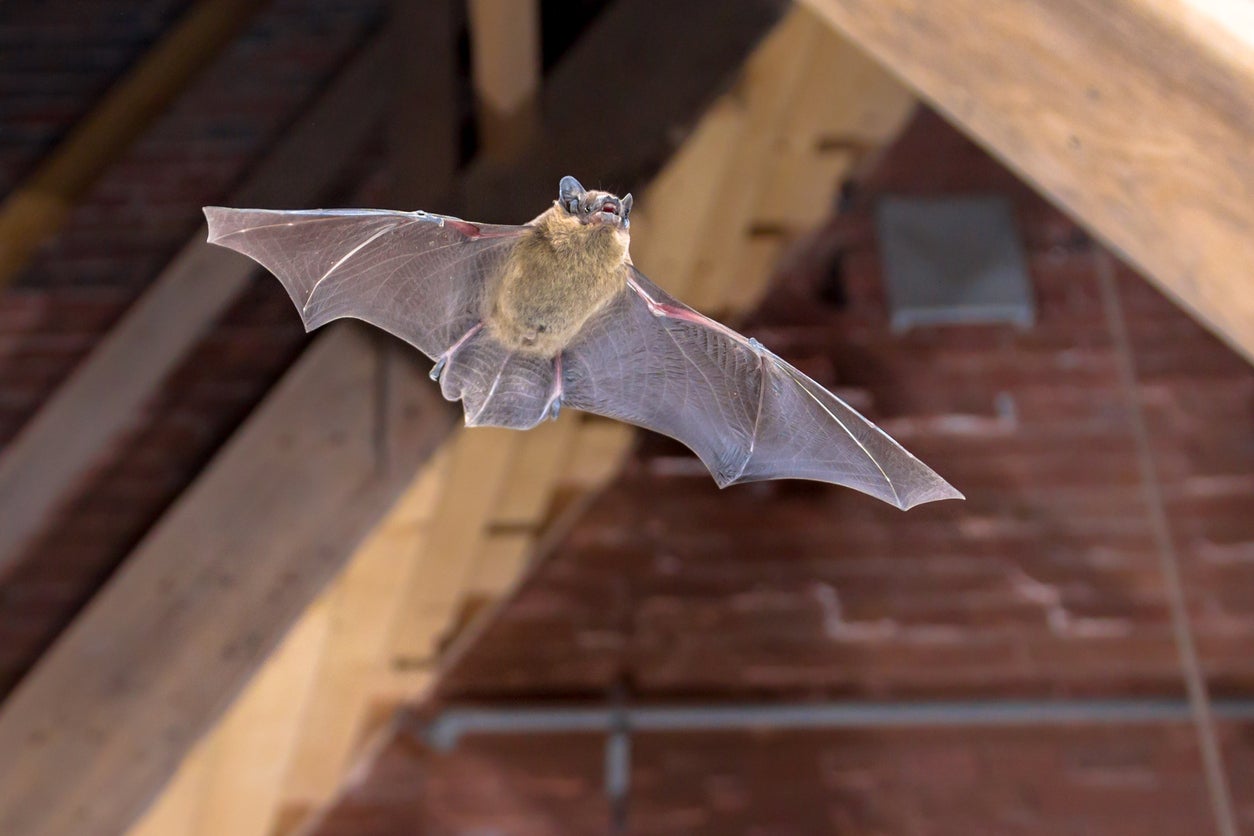
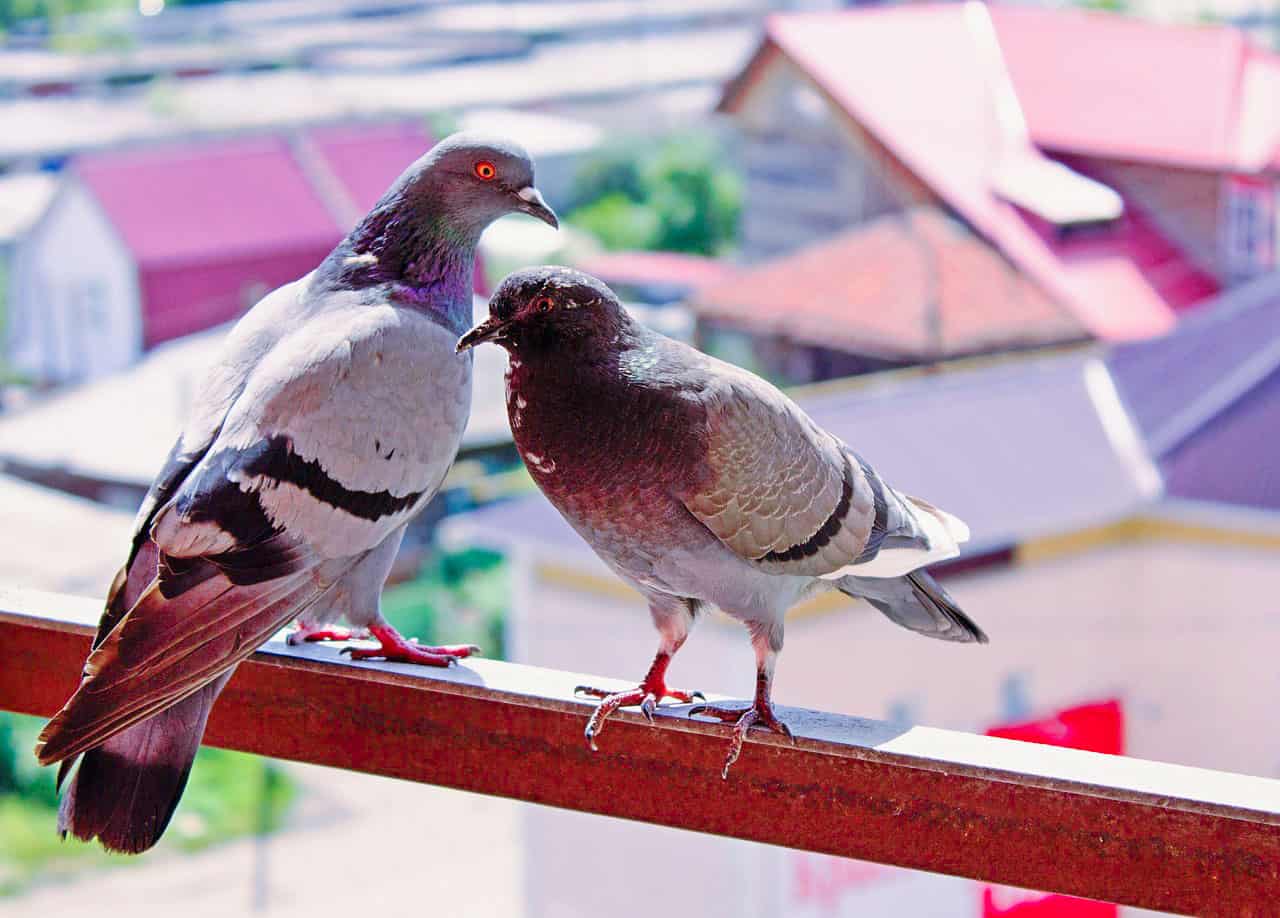
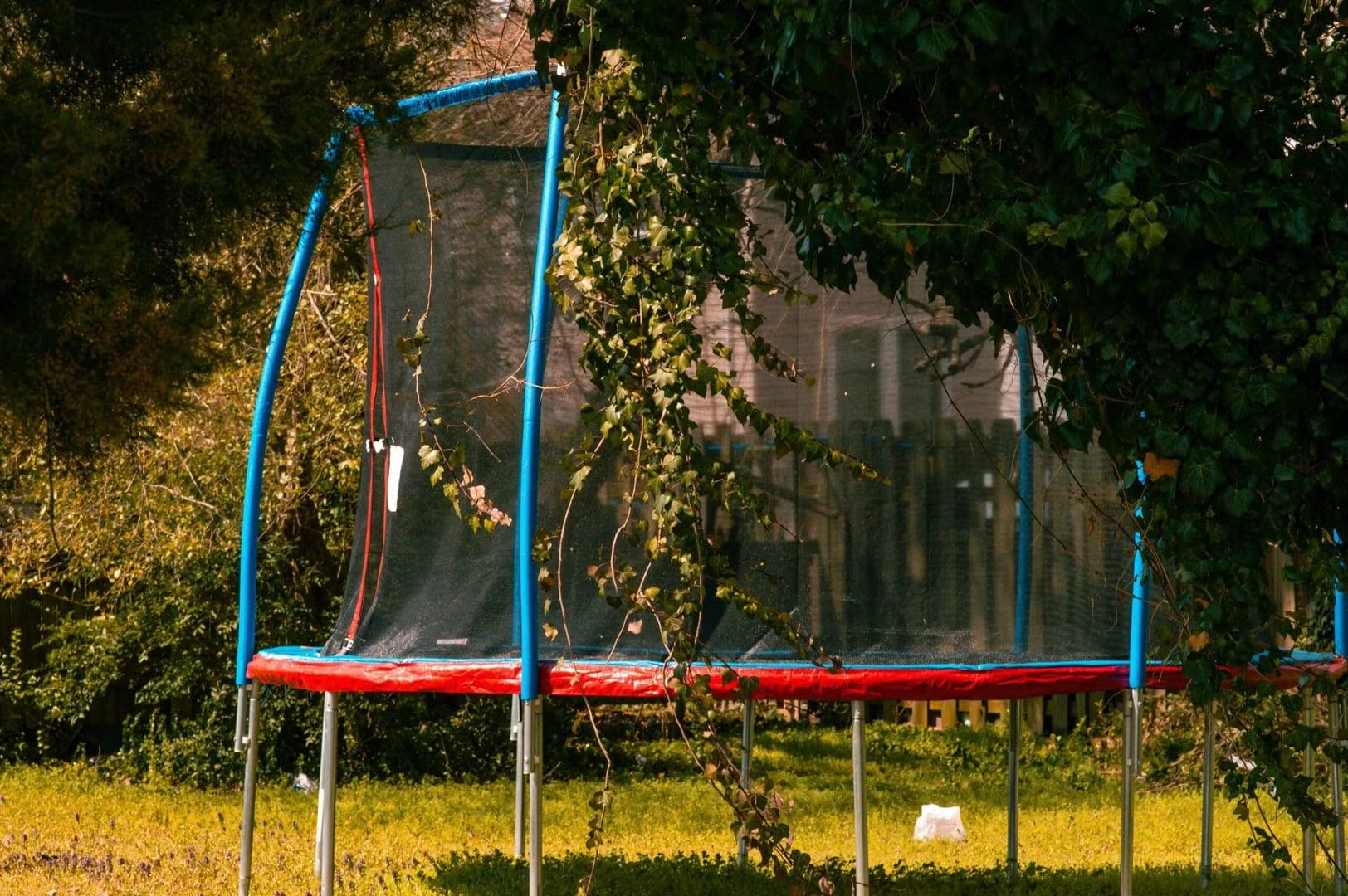
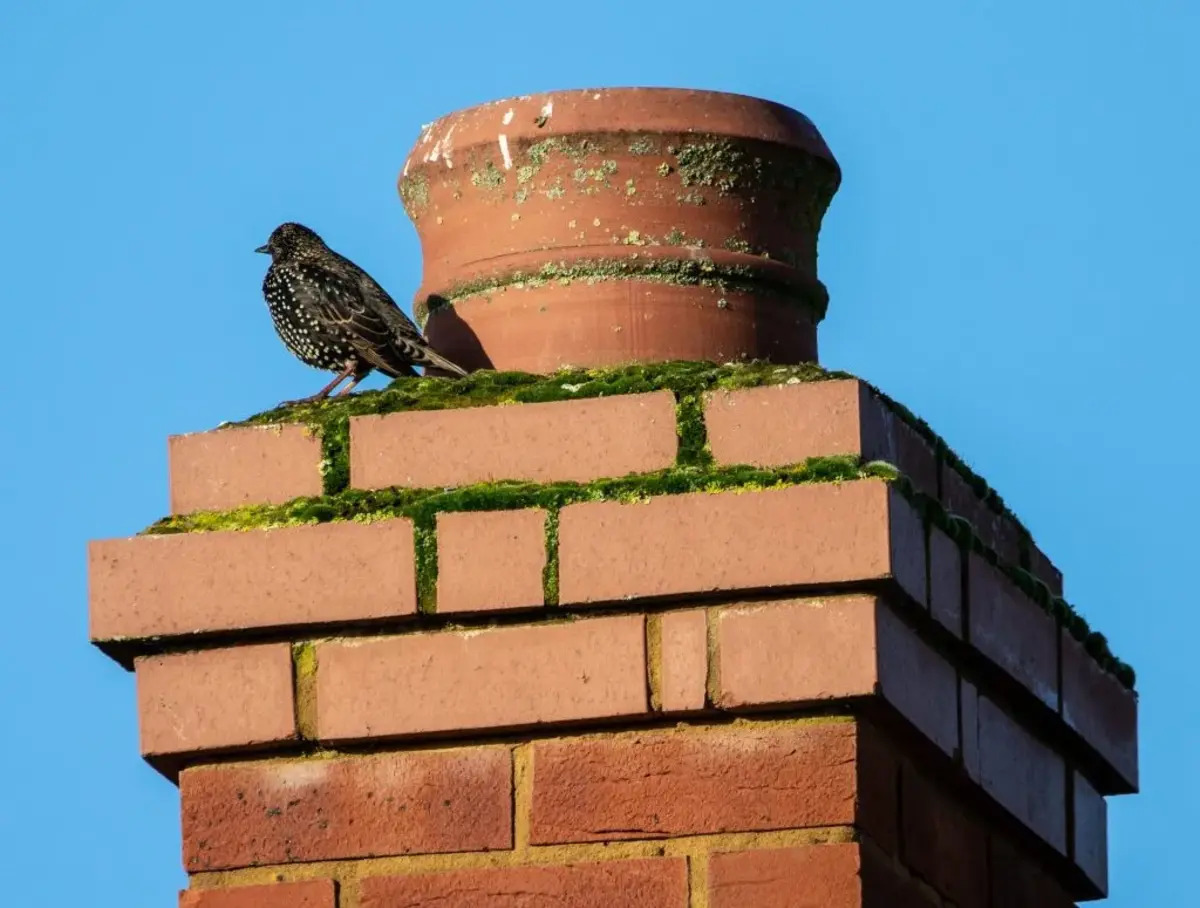

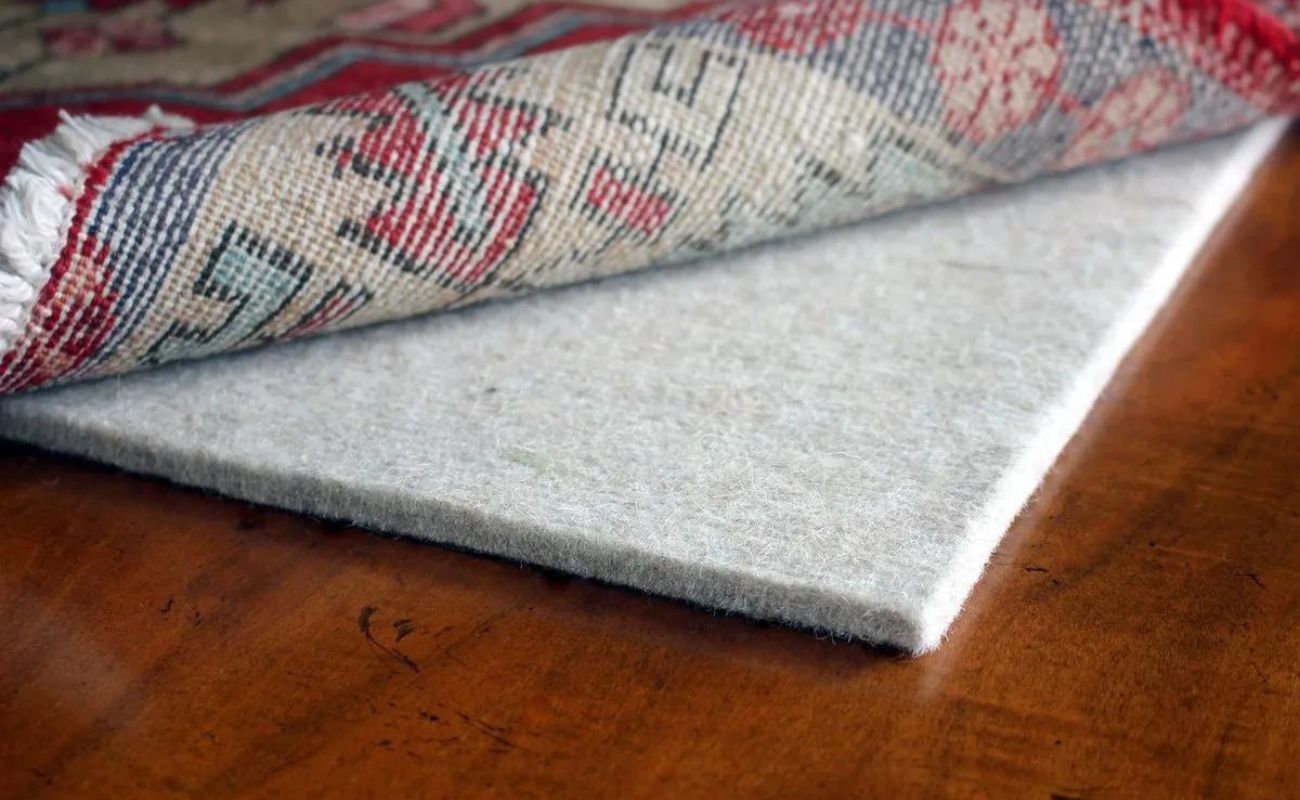
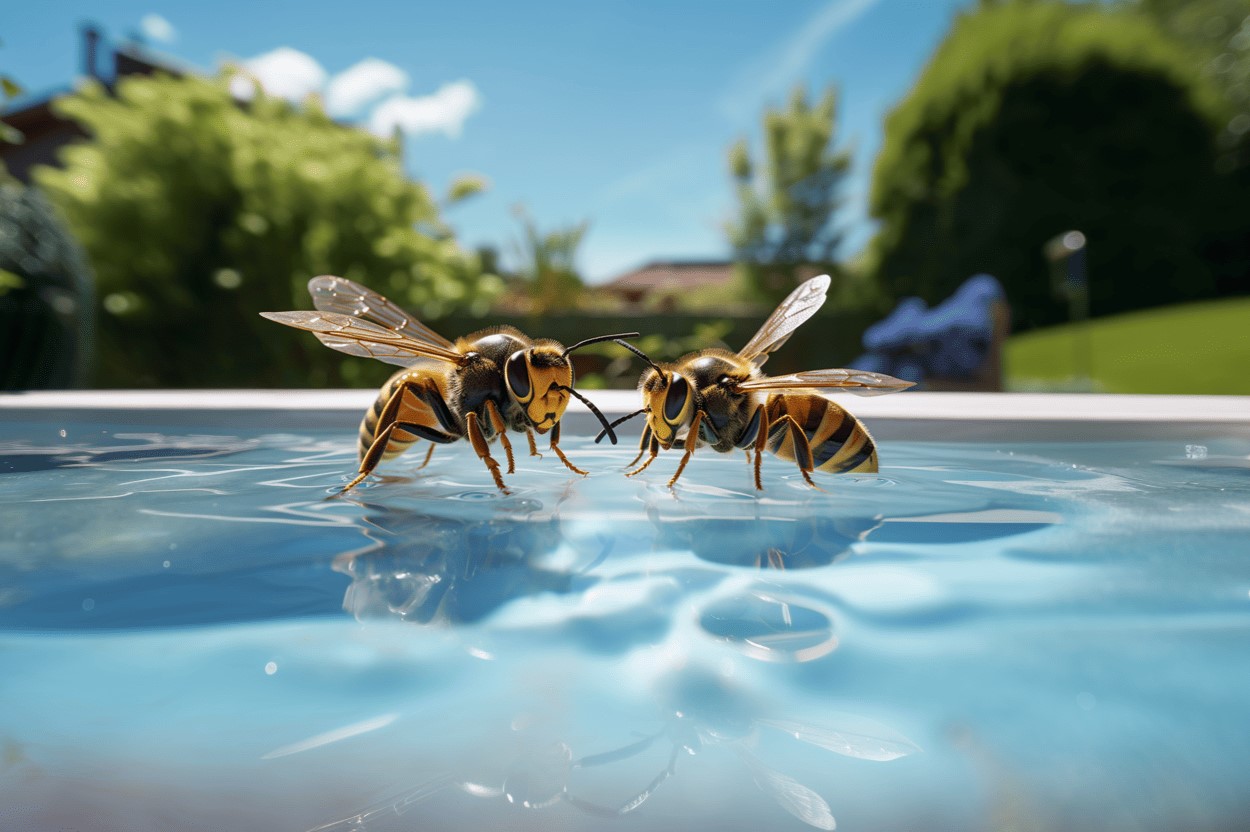

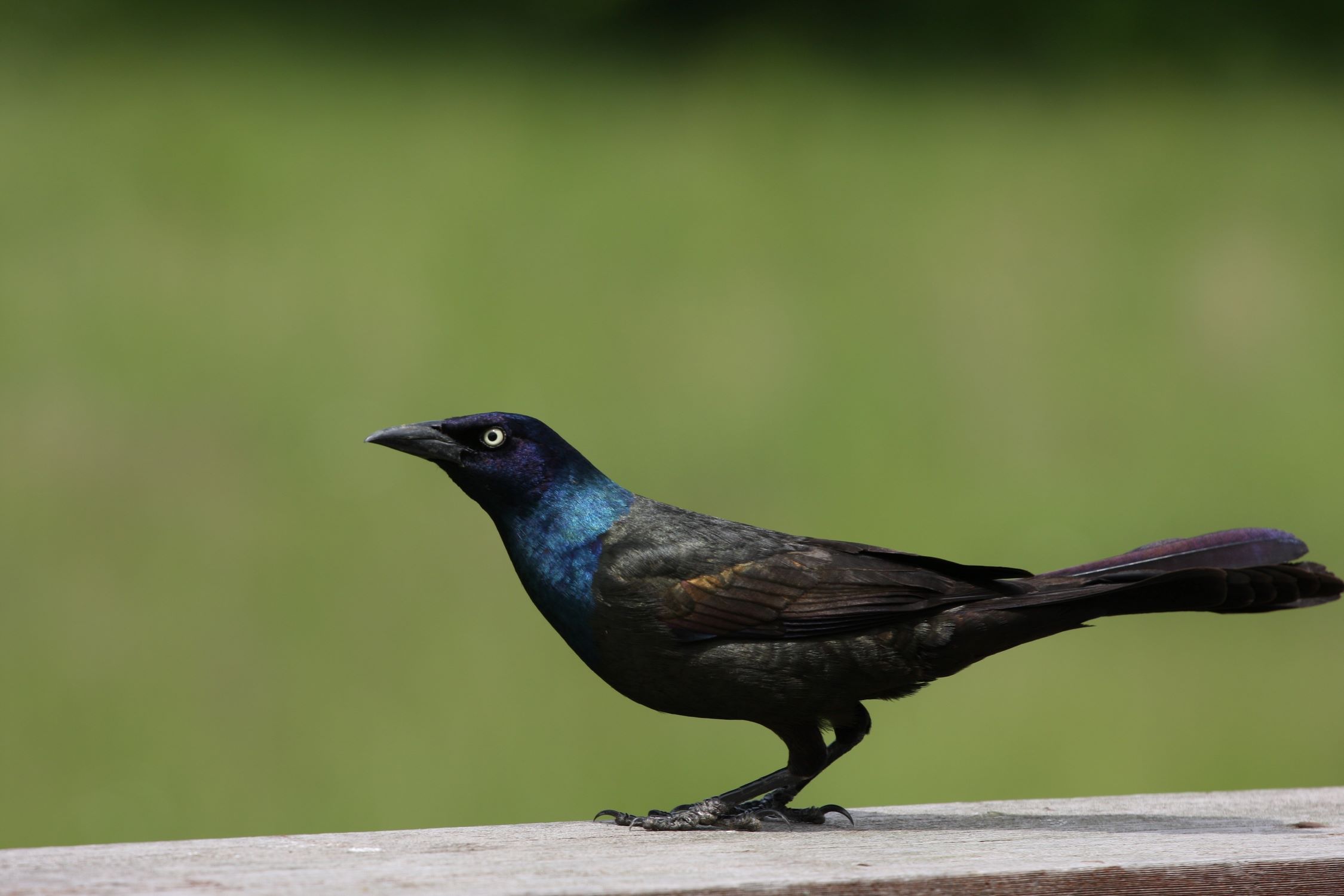

0 thoughts on “How To Keep Flies Away From Picnic”